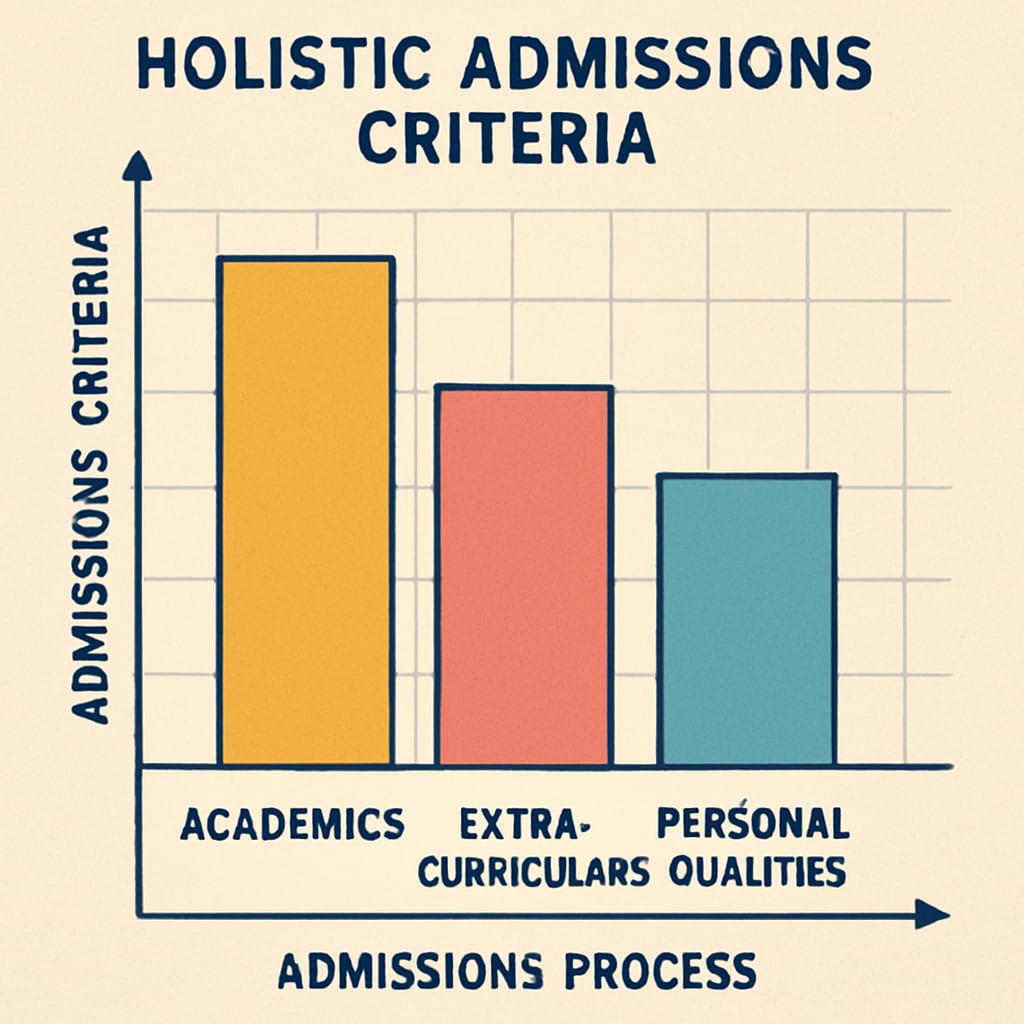Does a single low score in high school truly spell doom for your Harvard University application? As one of the most competitive institutions in the world, Harvard has a rigorous admissions process, but a single blemish on your transcript may not be the end of your dream. This article examines the real impact of a low score on Harvard’s admissions standards, the philosophy behind holistic evaluations, and how students can effectively address academic weaknesses in their applications.
Holistic Admissions: More Than Just Numbers
Harvard University’s admissions philosophy is built on a holistic review process. This means that while academics are undoubtedly critical, they are not the sole determinant of your candidacy. Harvard evaluates applicants based on a combination of factors, including extracurricular involvement, leadership qualities, essays, recommendations, and personal character. According to the official Harvard admissions website, the committee aims to “understand the whole person” behind the application.
Therefore, a single low score in a subject—especially if it’s an outlier on an otherwise strong academic record—might be viewed in context. For example, if your transcript shows consistent excellence in STEM subjects but one poor grade in English, admissions officers may consider external factors, such as personal challenges or an unusually tough grading curve, rather than penalizing you outright.
However, it’s important to note that a pattern of low scores or a downward academic trend could raise red flags. Elite schools like Harvard seek intellectually curious students who can handle the rigor of their coursework. Therefore, excelling in other areas is essential to balance out any potential shortcomings.

Strategies for Addressing a Low Grade in Your Application
If you’re worried about how a single low score might impact your application, there are several proactive steps you can take to mitigate its effects:
- Explain the Context: Use the “Additional Information” section of your application to briefly explain the circumstances behind the low grade. For instance, if it occurred during a difficult personal time, a concise explanation can help admissions officers understand the situation.
- Show Improvement: Demonstrating an upward trend in your grades or excelling in subsequent courses within the same subject can reassure admissions officers of your resilience and commitment to academic growth.
- Highlight Strengths: Use your essays and recommendation letters to emphasize your achievements, work ethic, and unique qualities. These elements can provide a fuller picture of your potential beyond a single score.
- Submit Additional Materials: In some cases, supplemental materials, such as independent research, creative projects, or awards, can offset concerns about a low grade and showcase your dedication.
- Consider Standardized Tests: Strong scores on the SAT, ACT, or subject-specific exams can demonstrate your academic ability and help compensate for a weaker grade in a particular area.
Ultimately, the goal is to present yourself as a well-rounded and resilient candidate who can contribute meaningfully to the Harvard community.

Learning from Harvard’s Admissions Philosophy
One of the key takeaways from Harvard’s holistic admissions process is the emphasis on individuality. Admissions officers are not just looking for perfect students; they’re looking for students who are passionate, curious, and capable of overcoming challenges. As a result, a single low score does not define your entire application.
For example, if your application highlights exceptional leadership in extracurricular activities or a compelling personal story, these strengths can outweigh minor academic shortcomings. Furthermore, demonstrating self-awareness and a willingness to learn from your mistakes can leave a positive impression on the admissions committee.
As Britannica notes, Harvard values diversity and seeks students who bring unique perspectives to its campus. This means that authenticity and self-reflection can be just as important as academic achievements.
Final Thoughts: Don’t Let a Low Score Define You
While a low score in one subject may feel like a significant setback, it’s essential to remember that Harvard’s admissions process considers the bigger picture. By focusing on your strengths, addressing weaknesses thoughtfully, and presenting a cohesive application, you can demonstrate your potential to thrive at one of the world’s most prestigious universities.
Ultimately, admissions officers understand that no student is perfect. What matters most is how you respond to challenges and leverage your unique qualities to stand out in a competitive applicant pool. So, don’t let a single low score discourage you—your Harvard dream is still within reach.
Readability guidance: This article uses short paragraphs, clear headings, and lists to ensure readability. With a focus on transitions and an active voice, it aims to engage readers while providing actionable advice.


